Russian writers have been at the forefront of world literature for centuries and many remain vastly celebrated throughout Russian to this day. Poetry provides a great tool to not only hone in on your Russian skills, but to also learn about and appreciate the culture of the land.
No matter where you are on your language learning journey, there are many different techniques to explore that will help with improving various aspects of your Russian, and the Russian-speaking world has a great selection of poets to dive into without any fears of boredom.
Why Poetry?
Westerners often hear of the many Russian heavyweights in the literary world, such as Dostoevsky or Tolstoy, and learners often make one of their long-term goals to be able to read one (or many) of these celebrated works.
Yet poetry is often ignored, despite its prevalence in Russian culture.
Russians memorize countless poems during their school years and it is not uncommon to encounter public readings of both modern and classic poetry. In fact, poetry is such a common hobby that the internet has a massive community across all platforms filled with many renditions of both well-known and lesser-known poems.
It is very easy to get lost in the world of poetry, and learning a language is all about exposure to all different mediums!
Memorizing the lines of famous poems will not only impress your Russian friends, but it will also help with understanding vocabulary, pronunciation, expression, and grammatical structures (especially the dreaded case system).
On top of all this, you will gain a deeper understanding and appreciation of Russian culture.
And perhaps you will find a newfound love for poetry that might not have existed prior to studying Russian!
How to Use Poetry to Study
Poetry is a great tool for practicing your language skills. One of the most obvious uses is to learn more complex vocabulary and grammatical structures (some of which may only really be seen in poetry).
But there are many more ways to soak up as much as possible from each poem.
Shadowing is a great technique that involves repeating after the speaker while trying to mimic and reproduce the correct pronunciation.
The rhyming scheme in poetry provides learners of all levels with a great opportunity for fine tuning one's ear.
Shadowing, especially in poetry, is also a great way to practice expression and confidence. Many popular poems have tons of renditions on YouTube, and practicing the different styles of reciting poetry will help you emulate all the different emotions the reciter evokes.
Shadowing benefits learners from A1 to C2, and poetry is a great medium for practice that many overlook.
10 Famous Russian Poems
Я вас любил: любовь ещё, быть может – А.С. Пушкин (1799-1837)
Alexander Pushkin is arguably the most famous literary figure in Russian history. He was born in Moscow on May 26th, 1799 to a family of nobility. His life was cut short at the age of 37 when he died of an injury sustained after a duel on January 29th, 1837 in Saint Petersburg.
Pushkin is credited with developing the modern Russian language, as well as Russian literature. This is due to his style that, while simplistic, was carefully crafted and favored natural, colloquial speech to a pompous show of words.
Pushkin was a very prolific writer whose works span over a large number of genres, from novels and short stories to poems and plays. Many literary critics consider his works masterpieces.
His poem “I loved you: yet the love, maybe” (Я вас любил: любовь ещё, быть может) is probably the most famous love poem in Russian poetic heritage. This makes it a great candidate to practice Russian, as most native speakers will be familiar with this poem.
On top of that, it is full of great adjectives that you will certainly come across often and the grammar usage is straightforward.
Подражая Некрасову, или Любовная песнь Иванова – Иосиф Бродский (1940-1996)
Joseph Brodsky was born on May 24th, 1940 in Leningrad, Russia. He spent his childhood living in poverty and often felt marginalized by anti-Jewish sentiments he faced in Soviet Russia.
Brodsky left school at the age of 15 and began to write poetry, eventually coming under the mentorship of one of the biggest names in the Russian literary world at the time, Anna Akhmatova.
Brodsky was sentenced to 5 years of hard labor in 1964 after being charged with “social parasitism” for Anti-Soviet themes in his poetry, but this sentence was later commuted in 1966 due to protests by prominent Soviet literary leaders.
In 1972, Brodsky was expelled from the USSR and he moved to the USA, where he lived out the rest of his life.
Brodsky composed poems in both Russian and English, with many containing a recurrent theme of the poet and society. His work also reflected upon the human experience and existentialism.
In “Imitating Nekrasov, or Ivanov’s Love Song” (Подражая Некрасову, или Любовная песнь Иванова) Brodsky brilliantly demonstrates the inner turmoil of someone who is unable to cope with heartbreak.
This poem is great for intermediate learners of Russian. Brodsky's vocabulary usage is bursting with words that will beef up any learner's knowledge and only has a few fairly uncommon terms, like буфера (“bosom” or “boobs”) and базлать (“to loudly speak” or “scream”) that are easy to skip over without affecting the overall comprehension of the poem.
This poem does not use any tricky word phrases or word order that will trip up a Russian learner who is not yet accustomed to reading poetry.
Спасибо Вам за то, что не любили – Михаил Лермонтов (1814-1841)
Mikhail Lermontov was born on October 15th, 1814 in Moscow to a noble family. His father was a poor army officer, while his mother came from a wealthy family.
Lermontov was catapulted to fame after he wrote the poem “Death of the Poet” (Смерть Поэта) in 1837 as a reaction to Pushkin's death. This publication landed him in exile in the Caucasus, as it was not accepted by censors.
However, Lermontov became enamored with the atmosphere of the Caucasus and his writing flourished during his exile. Lermontov succumbed to the same fate as Pushkin, dying on July 27th, 1841 at the age of 26 from a duel wound.
Lermontov's prose is considered among the finest in Russian literature, and is ranked second to only that of Pushkin. His poetry is considered classic in Russia and most critics view his poetry as canon Russian Romanticism.
“Thank you for not loving me” (Спасибо Вам за то, что не любили) has a sardonic tone as Lermontov continuously thanks the person he is writing to for all the things that are clearly causing him pain.
This poem is a great way to learn how to thank someone with the repeating спасибо за (“thanks for”) and благодарю за (“I thank you for”) structure.
К ** (Я не унижусь пред тобою…)* – Михаил Лермонтов (1814-1841)
К * (Я не унижусь пред тобою…) is another poem written by Lermontov and a personal favorite of mine.
Lermontov opens with a couplet that clearly states his pique and quickly follows it with reminiscences of a youthful love that engulfed his life. Once the background is set, he divulges the reason behind his caustic introductory couplet — he has lost the love of the one who captured his heart. The reader is suddenly thrown into a tempest of emotions that all contradict, yet further emphasize the poet’s internal struggle.
Но слишком знаем мы друг друга / Чтобы друг друга позабыть. (“But we know each other too well / to forget each other”)
Начну обманывать безбожно,
Чтоб не любить, как я любил;
Иль женщин уважать возможно,
Когда мне ангел изменил?
(“I will shamelessly deceive,
so that I will not love, how I once loved;
For how shall I respect women,
when I’ve been deceived by an angel?”)
The recollections of his youthful years, which centered around such a love, now backdrop a man who is distraught and unable to accept reality. Lermontov is only able to envision his life as devoid and tormented by an unrequited love.
Lermontov ends on a particularly painful parting note: He is no longer able to recognize the person he once loved, as he only envisioned the love being two-sided.
This poem is a great choice for advanced learners to help push their Russian to the next level. It is full of uncommon words that provide a great challenge, without feeling useless to learn. It will help acclimate learners with stylistic elements common in Russian poetry.
For instance, poets will sometimes use “ь” to replace “и” in words ending with “ние or ния”, such as in “мгновенья” or “вдохновенья”, in order to maintain the poetic rhythm. The line, “Я не соделаюсь рабом”, is another great example of minor changes to words to maintain poetic rhythm, as the “о” here is attached to the prefix “с” to keep the flow.
А я то думал, Вы счастливая – Пётр Градов (1925-2003)
Peter Gradov was born on February 10th, 1925 in Novohrad-Volynskyi, Ukraine, while it was part of the USSR. He spent most of his childhood in Leningrad, before joining the army at the age of 18. During the war, Gradov worked as a hospital attendant.
These experiences led to many of his poems being centered around love and war. Gradov is exalted for his usage of simple words to express complex thoughts.
“I thought you were happy” ( А я то думал, Вы счастливая ) does exactly this, as it talks about a beautiful woman who is unhappy with only being loved but never falling in love.
This poem is very popular for public recitation in Russian and it has even been turned into a song.
It also is a great chance to learn the meaning of “Я то”, in which the “то” contains an accusatory or blaming nuance to highlight the opposite of what was said to be occurring. It is used when to prove one's point, emphasize that something contrary to expectations occurred, or to shift blame.
Письмо к женищне – Сергей Есенин (1895-1925)
Sergei Yesenin, also written as Sergey Esenin, is one of the most popular Russian poets of the 20th century.
He was born on October 3rd, 1895 in Konstantinovo to a serf family, in which both his parents spent most of their time in search of work. His socio-economic background and rural upbringing had a great influence on both his political views and poetry, even despite moving to Moscow to study in university.
Yesenin openly welcomed the February Revolution, believing it would alter the social landscape of Russian by shifting power to the peasants.
Yesenin was close to many “new peasant poets”, which is a group of Russian poets during the Silver age from a peasant upbringing. As such, many of his works centered around the life of simple people and the countryside in Russia.
Although Yesenin was exalted as one of the great poets during his time, he did not lead a happy life. His lyrics spoke of depression, alcohol abuse, drunken brawls and a “hooligan” lifestyle.
On December 28th, 1925, Yesenin was found dead in the Angleterre hotel in Leningrad. It is said that he ended his life by hanging after a struggle with depression that landed him in a psychiatric ward. However, it is unclear if this took his life or if he was killed by Soviet secret police.
Yesenin's poetry is often centered on the Russian nature of his childhood. His lyrics are full of vivid imagery, elaborately painting the beauty of his motherland in all her raw glory. Yet there also lies undertones of disdain for urbanization and industrialization.
Letter to a woman(Письмо к женищне) is one of Yesenin's more famous works. It contains a dual meaning within its lines — a personal and social one. There is first a divide between the poet of then and now. The former sought meaning in life among the painful occurrences happening around him, the most palpable of which is losing the love of a woman. This tormented version of Yesenin lays the basis for the Yesenin of now. This version of the poet turns to alcohol to null his pain, as he keeps with Russian tradition to wish the woman all the best.
The second layer deals with society. The hero feels like he is whipped around like a horse and is thrown about in a storm while on a ship. This holds a metaphorical meaning for the societal problems and disquietude in Russia at the time, as the motherland is the ship tossed into a thick fog and forced to withstand unforeseen events.
This poem is full of difficult vocabulary that will challenge even advanced learners of Russian. As this poem is one of the more popular works of Yesenin, and is a popular pick for many to recite, familiarizing yourself with this work will expose you to one of the greatest works and poets of Russian literary history and undoubtedly impress all your Russian friends.
Убившей любовь – Александр Вертинский (1889-1957)
Alexander Vertinsky, born on March 21st, 1889, was the most popular singer of Russia's “Silver Age” and an indelible part of Russian musical culture. His personal performance style combined singing and speaking to create what was dubbed by critics as “artistic singing”.
His influence is still felt today in Russian music culture, as songwriters imitate Vertinsky's style and perform his songs.
In Murdered Love (Убившей любовь), Vertinsky uses an acerbic tone towards his muse, for her evil ways have left him not wanting to care anymore about her.
The lines in this poem are great for any learner, as the meaning is straightforward and the words are not overly complex. It also repeats a great phrase to memorize — “Какое мне дело”, which means “why should I care”, “what do I care”, “why would I care” or “I don't care”.
Как мне тебе понравиться? – Эдуард Асадов (1923-2004)
Eduard Asadov was born in Merv, Turkestan, USSR on September 7th, 1923 to a family of teachers. His childhood was full of hardship between poverty and the civil war. He later volunteered to serve as a soldier in World War II, and sustained an injury that left him blind.
This, however, did not stop him from continuing to write poetry and Asadov went on to be a fairly prolific author.
Unfortunately, his work was never recognized in literary circles, despite his popularity in Russia. As such, he is not viewed as a literary classic, but rather a folk classic, and his works are not taught in school curriculum.
Asadov's poems are still memorized by thousands of people and he maintains a faithful audience to this day in Russia. His poems center around love and tenderness, friendship and devotion, and the Motherland. His works captivated and resonated with many for their raw emotion and open sincerity.
Как мне тебе понравиться? is a great choice for those who do not want to get bogged down by rare words and complex grammar structures.
This poem introduces a wide range of vocabulary to describe disposition and life events, making it very accessible for Russian learners at an early stage. It will also help to familiarize you with the instrumental case, as it is used to describe the poet's state of being several times throughout.
Одиночество – Ах Астахова (1987-)
Ah Astokhova is a popular contemporary poet, who first rose to fame in 2011 for her poem on Тебя хоть там любят?. She currently holds concerts and public readings all over Ukraine and Russia and has garnered immense popularity, despite only being 33 years old.
Loneliness(, Одиночество ) speaks of the common themes of lost love and loneliness, yet Astakhova has a calm tone after coming to terms with the parting.
This poem will not be particularly challenging for those looking to break into modern Russian poetry, as the theme and vocabulary are commonplace.
Мы не увидем моря вместе – Денис Стерн (1993-)
Dennis Stern is another modern poet. He was born in Poltava, Ukraine in 1993 and began writing after he entered university as a way to entertain his classmates.
Several of his poems have garnered attention across internet platforms, with Russian speakers recording their own recitations of his poetry on Instagram, YouTube and VKontakte.
Мы не увидем моря вместе is another great choice, like most modern poetry, for learners who are looking to break into Russian poetry. These verses are composed of mostly common terms and will expose the reader to diverse ways to express everyday occurrences.
The lack of complex themes, vocabulary or grammar structure make this a great candidate to learn in order to begin understanding how to comprehend poetry in Russian.
Where to Find More Resources
The internet is full of great places to further explore Russian poetry and social media has made Russian culture accessible to everyone, no matter where in the world they may be located. It is also a very valuable resource for language learners.
Incorporating your social media habits into your language learning is a great way to ensure that you will constantly improve through daily exposure, all while keeping the language learning process as fun as possible.
There are also great websites, such as ruverses and http://russianpoetry.yale.edu/, that post collections of popular Russian poets and their accompanying translations. This is a great way to explore some of your favorite poets or compare translations of popular poems to your own.
YouTube
YouTube, in particular, has countless channels dedicated to poetry readings that would serve as a great way to find many renditions of a poem. This would be a great way to practice different forms of pronunciation, timing and emotional range when shadowing the reader.
YouTube also has a slowdown feature, which would allow learners to practice shadowing at a suitable pace by making the video go as slow as a 0.25 pace. This, paired with an innumerable amount of videos on Russian poetry, makes YouTube a great resource for learners.
A great channel to start from would be “blackvelvet”. “Blackvelvet” publishes daily videos on both YouTube and instagram of mostly modern poetry.
It's a great resource to find more people across social media platforms who publish poetry readings, as the owner will link and credit both the reader and author of the poem. Many of the posts also contain the lines of the poem, so that the reader can follow along.
Another similar channel is “Стих и Я”. In contrast to “blackvelvet”, these videos are of classic poems. This ensures a high-quality selection of poetry.
On top of that, each recording features the clear voice of a reader, along with the lines of the poem in the description. This is the perfect channel to devote hours of study into learning the works by big name Russian poets.
There are also several channels dedicated to particular poets, “Сергей Есенин – стихи, поэмы и повести” to name one. This channel features many works of Sergey Yesenin, the author of Письмо к женищне.
It is neatly organized into playlists according to the reader, the year the poem was composed, or the type of work. Much like the other channel, all the videos have clear recordings with the poetry lines in the description.
YouTube is also a great resource to find certain readers you enjoy. Searching for your favorite poet or poem will yield tons of videos of natives reciting the verses. Thanks to the online Russian poetry community, there is no end to active accounts publishing videos.
My personal favorites are Masha Matveychuk, Nikolai Keverzhik, and Bulat Yunucov.
Instagram is also a great platform to find posts related to Russian poetry. Although there are fewer features to aid you in your studies, it is still a great resource.
As mentioned above, there are accounts that post a wide selection of natives reading both modern and classic poetry.
“Blackvelvet” is one of the more popular account. But, there are many more you can follow that might suit your own personal tastes.
“Videostih” is an example of just one of these accounts.
There are also many personal accounts dedicated to poetry recitations across Instagram, much like on YouTube. Sometimes the poster will edit the lines directly onto their video, like on Bekker_Ruslan‘s account.
Other times, there will merely be a video with clear audio but none of the poetry lines, like on Andrey Lukashyenko‘s account.
The post How to Use Russian Poetry to Improve Your Russian [With 10 Recommendations!] appeared first on Fluent in 3 Months.
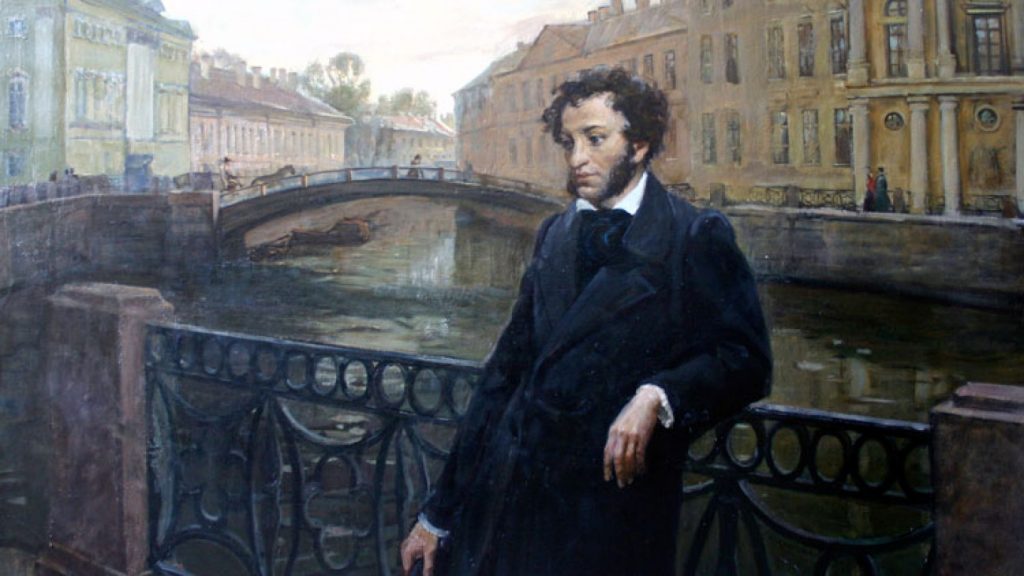
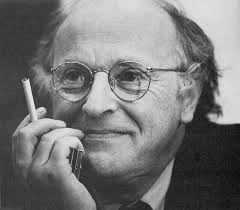
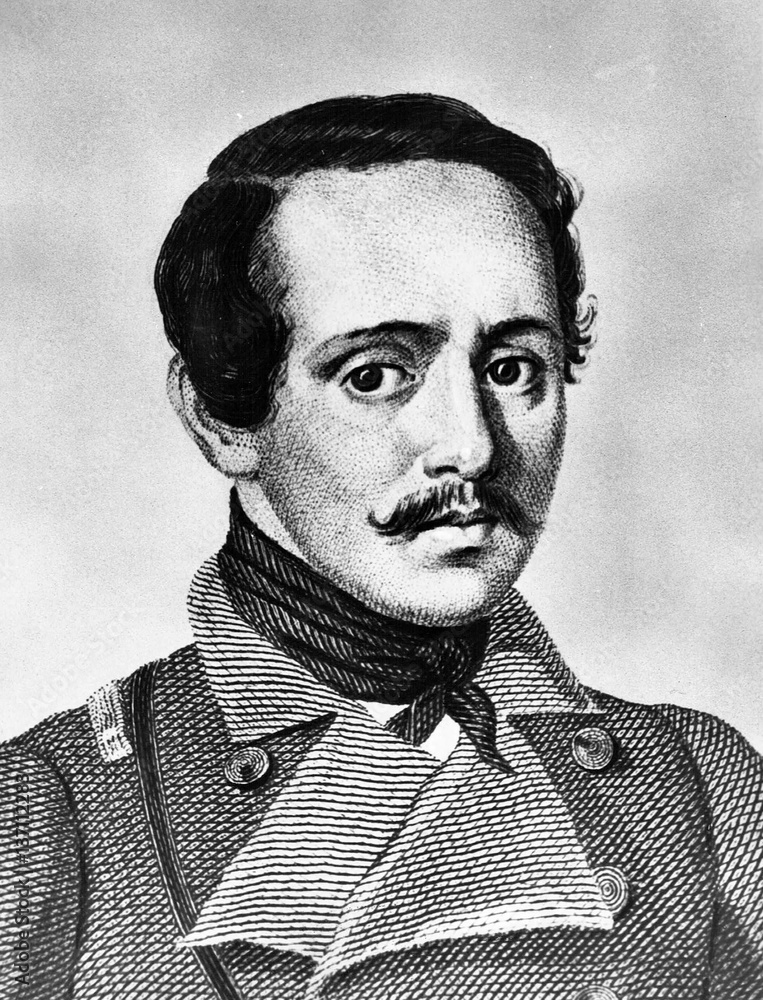
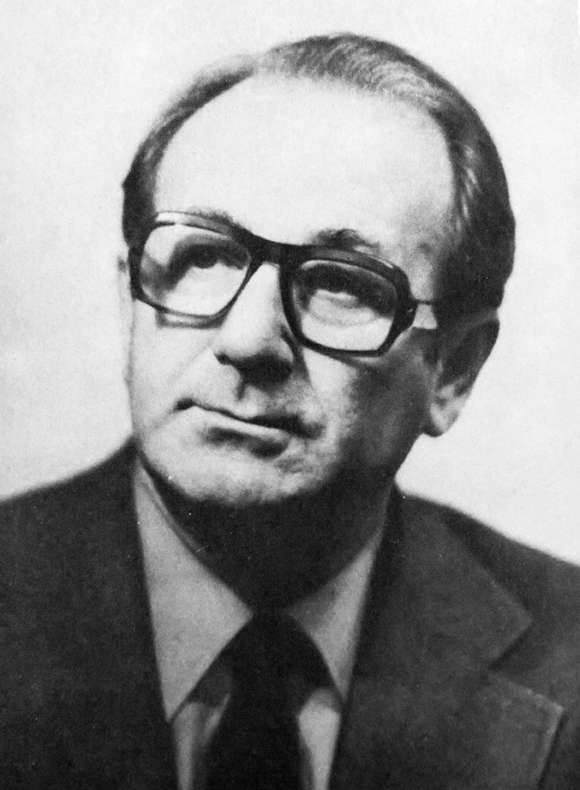
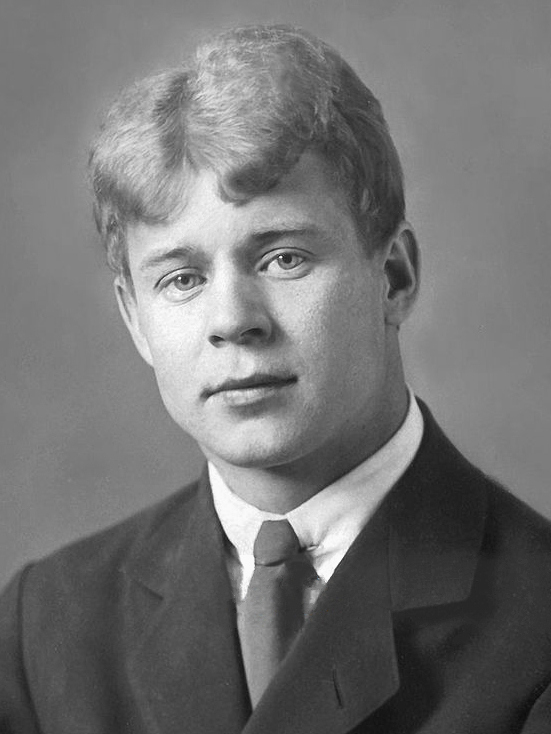
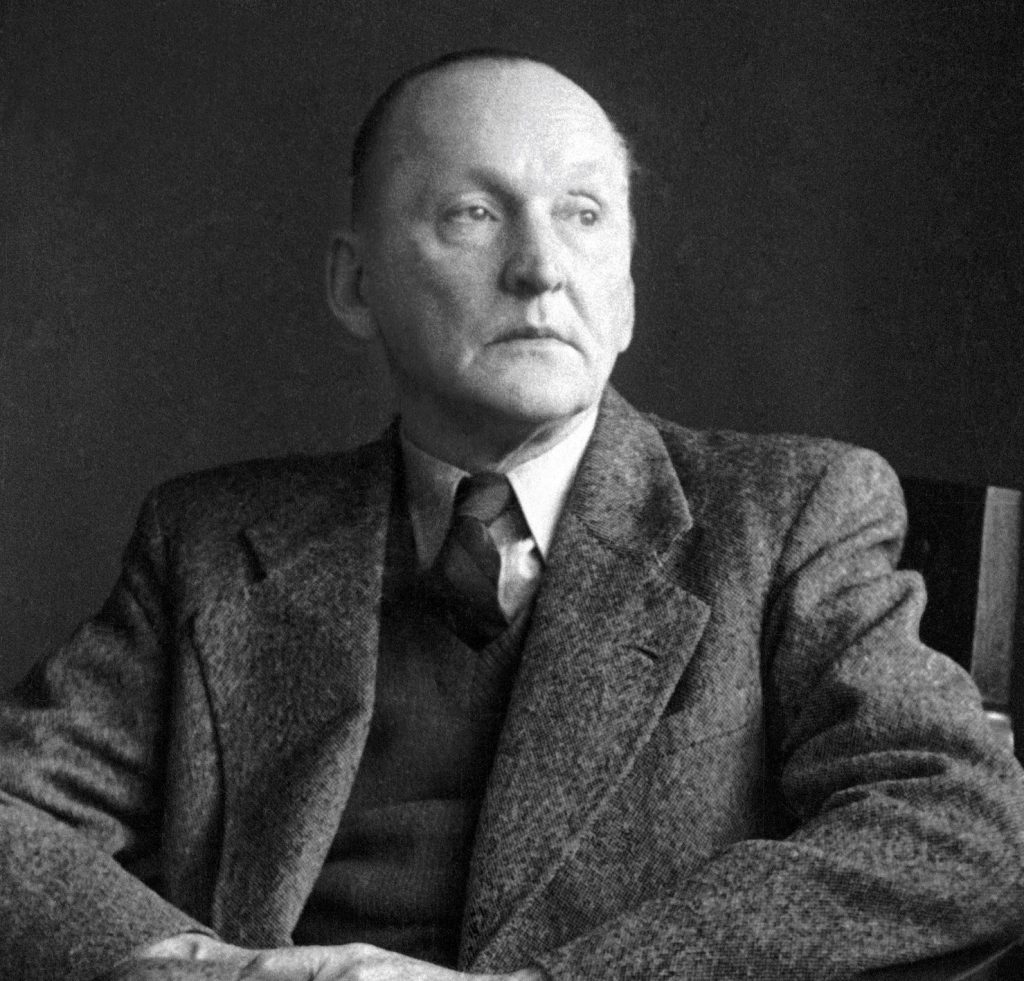
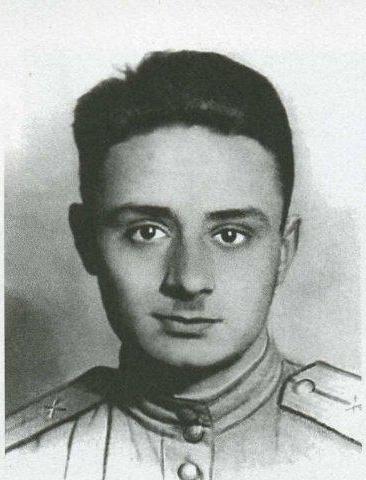

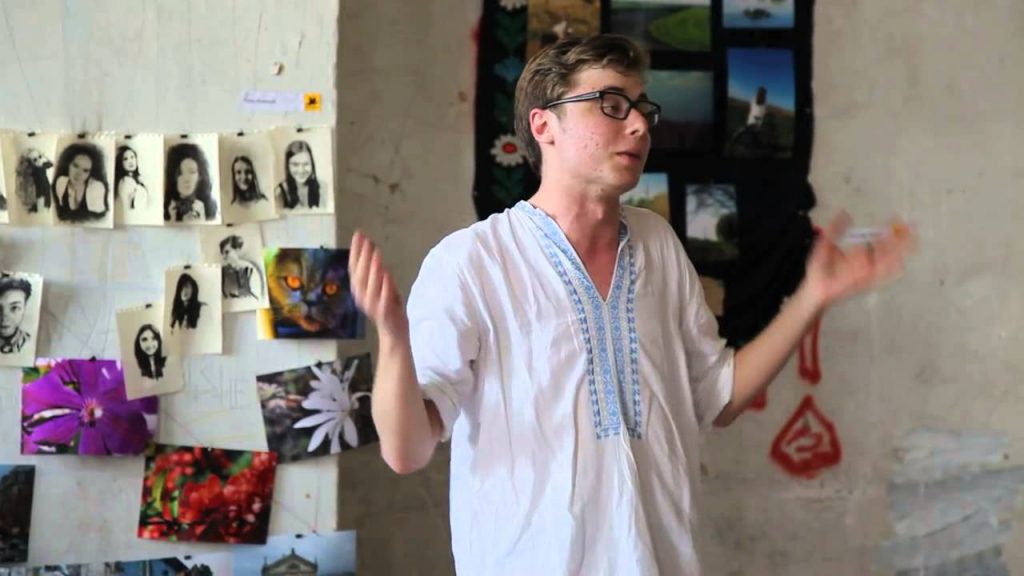


0 Commentaires